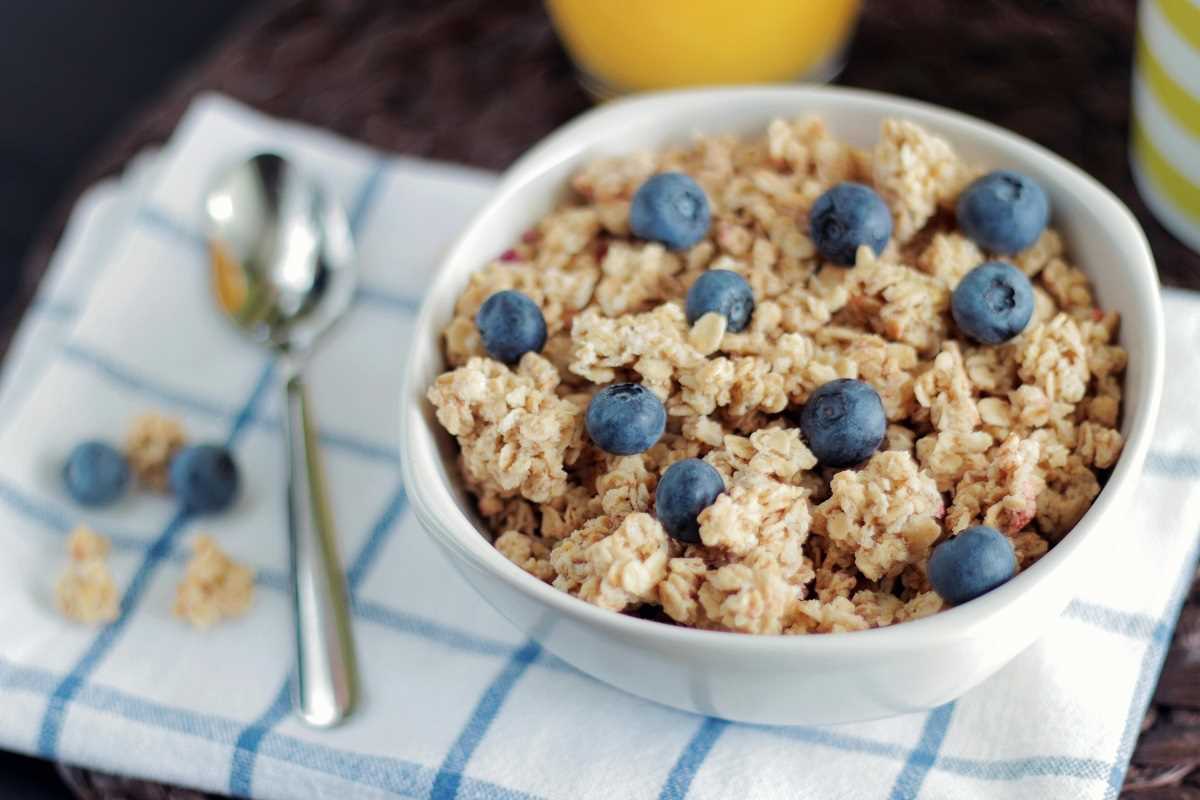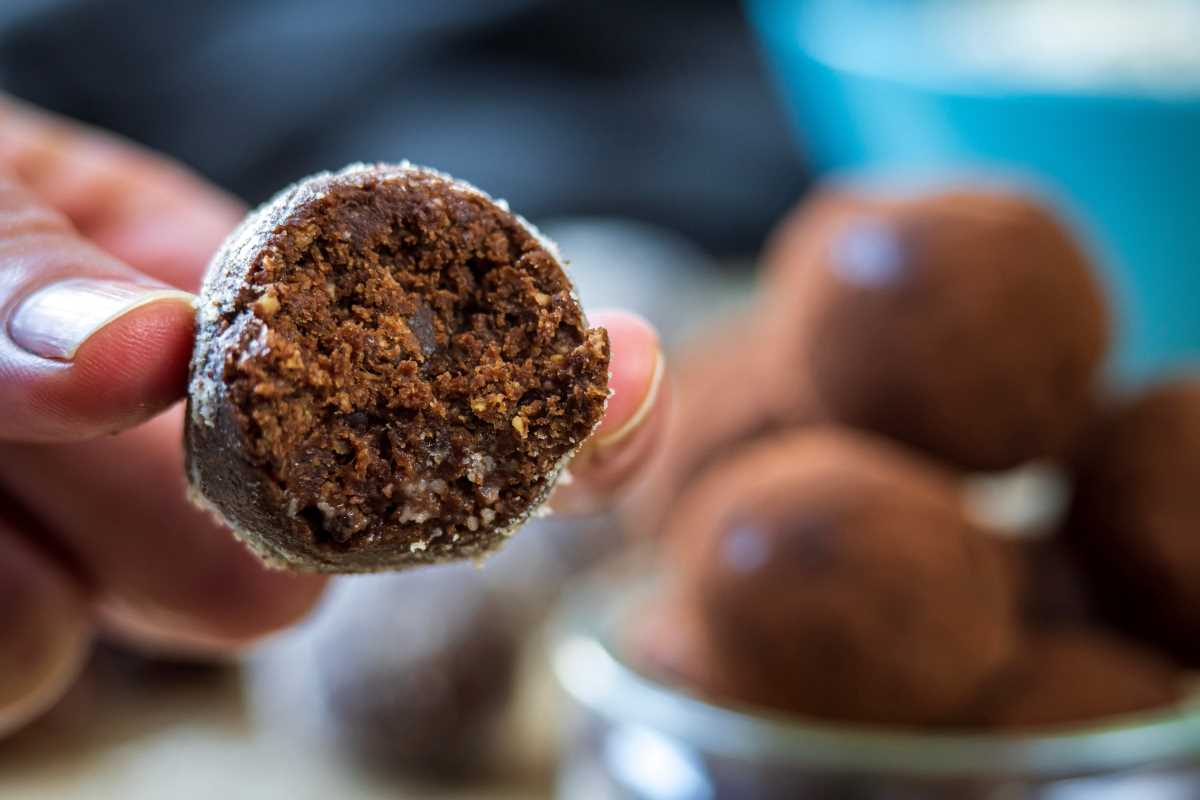Late-night cravings can feel like one of the biggest challenges for fitness enthusiasts, especially for beginners. You’ve nailed your morning workout and eaten balanced meals throughout the day, only to find yourself tempted by sweets or salty snacks just before bed. Sound familiar? Here’s the truth: these cravings can sabotage your goals, but they don’t have to. With a few easy, practical strategies, you can manage and even outsmart these cravings so they don’t derail your progress.
Below, we’ll explore 10 effective hacks to help you take control of those late-night snack urges. These actionable tips are perfect for anyone looking to establish healthier habits and stay on track with their fitness goals.
1. Understand the Cause
Before jumping into strategies, it’s important to understand where those cravings come from. Most of the time, late-night munchies aren’t a sign of true hunger but are triggered by other factors like boredom, dehydration, or emotional stress. For instance, if you’re watching TV late at night, your mind might associate the time with snacking simply out of habit.
Start by asking yourself why you feel the urge to eat. Are you genuinely hungry, or are you using food as a distraction? If it’s the latter, try non-food solutions instead (more on those later). Keeping a journal to log when and why cravings arise can also give you insight into potential patterns and triggers. Once you identify the cause, you’ll be better equipped to make intentional choices rather than automatically reaching for a snack.
2. Stay Hydrated
One of the most overlooked reasons for cravings is dehydration. Your body can confuse thirst signals for hunger, leading you to believe you need food when a glass of water might suffice. Staying hydrated throughout the day is the best way to prevent this, but even if a craving strikes at night, reaching for water is a great first step.
Try this hack the next time you get a craving: drink a full glass of water, then wait about 10 minutes to reassess your hunger. Often, the craving will disappear. For a flavorful twist, infuse your water with lemon slices, cucumber, or mint leaves. The natural flavor upgrades the experience while keeping your hydration interesting.
Another bonus? Drinking water before bed contributes to feelings of fullness, which may help you avoid waking up hungry in the middle of the night.
3. Choose Smart Evening Meals
What you eat at dinner can directly influence whether or not you experience nighttime cravings. A meal full of refined carbs or low in nutrients might leave you feeling unsatisfied, paving the way for post-dinner snacking. To combat this, aim for a balanced plate filled with protein, healthy fats, and fiber.
Examples of Balanced Dinner Options:
- Grilled salmon with quinoa and roasted vegetables: High in protein and omega-3 fatty acids for sustained energy.
- Turkey and avocado wrap on a whole-grain tortilla: The protein and healthy fats keep you feeling full.
- Vegetarian chickpea and spinach curry with brown rice: Packed with fiber and plant-based protein for a satisfying meal.
Protein and fiber are particularly useful because they help balance your blood sugar levels, preventing the spikes and crashes that often lead to cravings.
If you tend to feel hungry again after dinner, try incorporating a cup of herbal tea into your routine. Chamomile or peppermint tea can be soothing and help signal that it’s time to start winding down for bed.
4. Plan for Healthy Late-Night Snacks
Sometimes, late-night snacks are inevitable. The key is to prepare ahead of time with healthy options so you aren’t caught off guard and reaching for a bag of chips. Stock your kitchen with nutritious alternatives that satisfy those cravings without sabotaging your goals.
Here are a few quick, beginner-friendly snack ideas:
- Greek yogurt with berries: Protein-packed and naturally sweet.
- A handful of almonds or walnuts: Rich in healthy fats and satisfying crunch.
- Air-popped popcorn: A low-calorie choice that feels indulgent when sprinkled with a little cinnamon or nutritional yeast.
- Sliced apple with almond butter: A sweet and savory combo that’s packed with fiber.
By keeping these options within reach, you’ll feel better prepared to manage cravings without undoing your hard work.
5. Create a Routine
An evening routine can work wonders for reducing those late-night snack urges. When you establish consistent activities in the final hours of your day, your body begins to associate them with rest rather than food.
Ideas for Evening Activities:
- Stretching or yoga: Gentle movement can help you de-stress and focus your mind.
- Journaling: Writing down your thoughts at the end of the day can serve as a distraction while also encouraging mindfulness.
- Reading a book: Choose something compelling but not overly stimulating.
- Practicing meditation: Even just 5 minutes of focused breathing can help quiet your mind.
By replacing mindless snacking with intentional activities, you form new habits that move you closer to your fitness goals.
6. Brush Your Teeth
It may seem too simple to be effective, but brushing your teeth is one of the easiest hacks for managing cravings. Once your mouth is clean and minty-fresh, you’ll likely feel less inclined to eat anything. Plus, there’s a psychological benefit here; brushing your teeth signals to your brain that mealtime is over for the day.
For bonus points, floss as well. The thorough after-dinner dental routine creates just enough resistance—not wanting to “ruin” your clean mouth—that you’ll think twice about snacking.
7. Get Enough Sleep
You might be surprised to learn how much sleep impacts cravings. When you don’t get enough rest, your hunger hormones (ghrelin and leptin) can go out of balance. Ghrelin, which triggers hunger, increases, while leptin, which signals fullness, decreases. This combination leaves you feeling hungrier than usual.
If you’re regularly tempted by late-night snacks, it’s worth assessing your sleep schedule. Aim for 7-9 hours of quality sleep per night. Some tips for improving your sleep hygiene include:
- Setting a consistent bedtime and wake-up time.
- Avoiding caffeine after the early afternoon.
- Keeping your bedroom cool and free from distractions.
When your body is well-rested, you’re far less likely to succumb to cravings.
8. Keep Temptations Out of Sight
We’ve all heard the saying, “Out of sight, out of mind,” and it couldn’t be truer when it comes to cravings. If your pantry is loaded with cookies, chips, and candy, resisting temptation late at night becomes exponentially harder.
Do yourself a favor and create an environment that promotes healthy choices. This doesn’t mean you need to completely eliminate treats from your home, but rather keep them stored in hard-to-reach or less visible areas. Take it a step further by placing healthier snacks like nuts or fruit on the counter, making them the easier option.
9. Distract Yourself
Cravings are often fleeting, lasting less than 30 minutes. If you can successfully distract yourself during that time, you’ll likely find the urge disappears on its own. Use this to your advantage by engaging in activities that keep you busy.
Here are some distraction ideas:
- Call or text a friend to catch up.
- Work on a hobby like knitting, drawing, or building puzzles.
- Take a quick walk around your home or neighborhood (even just 5 minutes can help).
- Clean or organize a small area of your home.
Shifting your focus breaks the cycle of boredom or emotional eating tied to cravings.
10. Practice Progress Over Perfection
Finally, remember that no one is perfect. If you give in to a craving once in a while, it’s not the end of the world. The goal is to build healthier habits over time, not to achieve perfection overnight.
When setbacks happen, use them as learning opportunities. Ask yourself what might have triggered the craving and how you can prepare differently next time. Celebrate small victories, such as navigating through an evening with no snacks, and acknowledge the progress you’re making toward your long-term goals.
.jpg) (Image via
(Image via





